As I anticipated presenting the story of Rabbi Prinz to audiences at the Jerusalem International Film Festival this past July, I did not know what the reaction would be. When Joachim Prinz: I Shall Not Be Silent had its Israeli premiere in Jerusalem, it was a time of great uncertainty, tension and sadness but one that was also just another day in Israel.
Walking in Jaffa one night with Israeli friends, I admired a magnificent sunset above the water, while across the sky was a nearly full moon. And then suddenly there was the reverbation from an intercepted missile. High in the sky, between the setting sun and the rising moon, was a new sight: the cloud of smoke as the rocket dissipated into thin air. I was shaken by the sight. The ten days I spent in Israel were unlike any I had experienced before. I kept hearing Prinz’s words in my head, and they filled me with sadness: “For in the end, war will prove to be destructive, not only for the vanquished, but also for the victors.”
After screening the film, I discovered that reaction to the film was the same as that in Newark, NJ, particularly among young people. “How did we not know of this man?,” our 25 year old friend Liad remarked, insisting that we contact Israel public television Channel 8, so that thousands of Israelis could learn about Rabbi Prinz’s story. Liad was particularly struck by Prinz’s idea that “neighbor” is a moral concept signifying our collective responsibility for one another, as he considered his Israeli Arab and his Palestinian neighbors today.
Liad’s words are the best possible reaction to the film that we could have hoped for in Israel. Young people in Israel today are open to Prinz’s words. They are looking for new models of leadership and found his message inspirational.
Prinz became a Zionist as an adolescent. At that time in his life, the promise of a Jewish homeland meant everything to Prinz who, as a German Jew in the 1920’s and 30’s, felt his German national identity slipping away. Zionism offered the promise of belonging, of community and of hope. As a rabbi in 1920’s Berlin who was popular with young people, Prinz inspired young Jews to work towards a democratic state of Israel in Palestine. Once the state of Israel was declared in 1948, he remained a devoted ally until the end of his life. How meaningful that today, young Israelis find relevance in his story. Once again, Prinz is able to inspire younger generations to consider their role in upholding the future of Israel as a democratic state that lives in peace with its neighbors.
